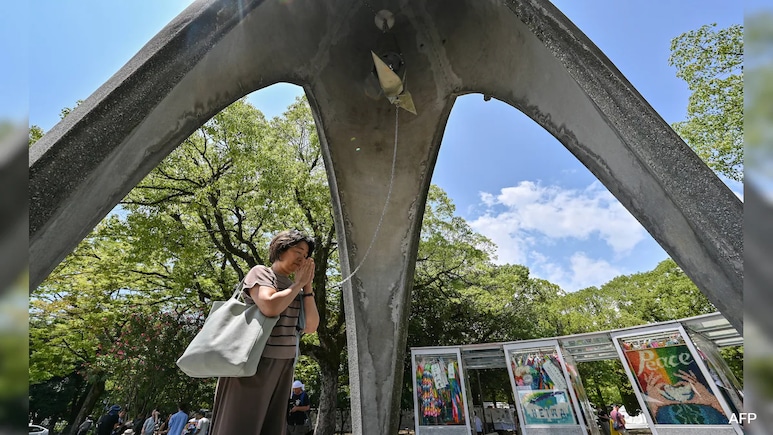
- The US dropped the first atomic bomb on Hiroshima on 6 August 1945, killing over 140,000 people
- Hiroshima Day is observed annually to remember victims and reflect on nuclear warfare consequences
- Japan surrendered on 15 August 1945 after Hiroshima and Nagasaki bombings, ending World War II
Hiroshima Day 2025: On August 6, 1945, the United States dropped the first atomic bomb in human history on the Japanese city of Hiroshima. Delivered by the B-29 bomber aircraft, the nuclear bomb was codenamed 'Little Boy' and ended up killing over 140,000 people. This year, Japan will be marking the 80th anniversary of the deadly bombing.
Hiroshima Day is observed annually on this day to commemorate the victims of the world's first nuclear attack. In addition to being a day of remembrance for the lives lost, it's also a day to reflect on the humanitarian consequences of nuclear warfare.
Hiroshima Day 2025: History
Japan was one of the major Axis powers during WWII and refused to surrender to the Allied forces. In an attempt to end the global war, the US decided to drop the bomb on Hiroshima. Three days later, another nuclear bomb was dropped on Nagasaki, killing more than 200,000 people by the end of that year. Others survived, but with radiation illness.
Facing unimaginable devastation caused by the bombings, Japan's Emperor Hirohito announced an unconditional surrender in World War II on August 15. With Japan's surrender, WWII came to an end, but the repercussions of the twin blasts are still seen today.
On 29 August 1945, ICRC delegate Fritz Bilfinger arrived in Hiroshima and was the first outsider to witness the devastation wrought by the atomic bomb.
— ICRC (@ICRC) August 5, 2025
The next day, he sent a telegram to @ICRC_jp describing the horrific conditions and calling for immediate relief action; this… pic.twitter.com/7j9WJfTBZW
Hiroshima Day 2025: Significance
On this day, memorial services, peace marches and educational programmes are held to raise awareness about the devastating consequences of nuclear weapons. While nuclear bombs have not been used since Hiroshima and Nagasaki, humanity has come close to nuclear armageddon on several occasions -- highlighting the perpetual threat of atomic bombs.
About 100,000 survivors are still alive. Many hid their experiences to protect themselves and their families from discrimination that still exists. Others couldn't talk about what happened because of the trauma they suffered.
Some of the ageing survivors have begun to speak out late in their lives, hoping to encourage others to push for the end of nuclear weapons. Last year, a group of atomic bombing survivors won the Nobel Peace Prize for their persistent campaign against nuclear weapons.
Track Latest News Live on NDTV.com and get news updates from India and around the world

